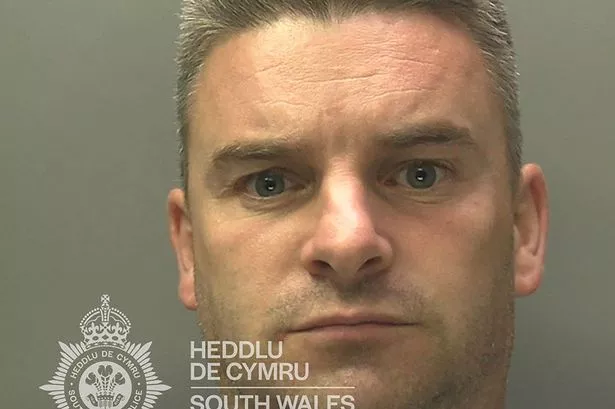The quiet town of Gorseinon, Wales, was shaken to its core on January 27, 2022, by a brutal act of violence that culminated in the tragic death of 64-year-old Kelvin Evans. The perpetrator, 39-year-old Christopher Cooper, was subsequently convicted of murder and sentenced to life imprisonment, leaving a community grappling with the senseless loss of a life and the devastating consequences of uncontrolled aggression. This case serves as a chilling reminder of the destructive power of violence and the importance of addressing the underlying issues that contribute to such horrific acts.
The incident unfolded outside the Station Hotel, a local establishment in Gorseinon, where both Cooper and Evans were present. Details surrounding the initial interaction between the two men remain somewhat unclear, but what is known is that a confrontation escalated rapidly, culminating in Cooper launching a vicious and unprovoked attack on Evans. The assault, described as sustained and brutal by eyewitnesses, left Evans with catastrophic injuries. Emergency services were promptly called to the scene, but despite their best efforts, Evans succumbed to his injuries, leaving a void in the lives of his family and friends.
The subsequent investigation and trial shed light on the disturbing nature of the attack. Forensic evidence and witness testimonies painted a grim picture of Cooper’s actions, highlighting the ferocity and intent behind his assault. The prosecution argued that Cooper’s actions were not merely a momentary lapse of judgment but a deliberate and calculated attack intended to inflict serious harm upon Evans. The defense attempted to mitigate the severity of the charges, but the overwhelming evidence presented to the court ultimately led to Cooper’s conviction for murder.
The life sentence handed down to Christopher Cooper underscores the gravity of his crime and the justice system’s commitment to holding perpetrators of violent acts accountable. While the sentence provides a measure of closure for Evans’s loved ones, it can never truly compensate for their loss. The ripple effects of this tragic event extend far beyond the immediate family, impacting the wider community of Gorseinon and raising concerns about the prevalence of violence in society. This case serves as a somber reminder of the fragility of life and the devastating consequences that can arise from uncontrolled anger and aggression.
Beyond the legal ramifications of this case lies a broader societal issue: the need for effective strategies to prevent violence and address the underlying causes that contribute to such tragic events. Factors such as alcohol abuse, mental health issues, and socioeconomic disparities can play a significant role in escalating tensions and increasing the likelihood of violent confrontations. It is crucial for communities to invest in resources that support individuals struggling with these challenges, providing access to mental health services, substance abuse treatment, and conflict resolution programs. By addressing these underlying issues, we can create a safer and more peaceful environment for all.
The murder of Kelvin Evans by Christopher Cooper serves as a tragic illustration of the devastating consequences of violence. While the justice system has played its role in holding the perpetrator accountable, the lasting impact of this event underscores the urgent need for proactive measures to prevent future tragedies. By fostering a culture of empathy, promoting conflict resolution skills, and addressing the root causes of violence, we can strive to create communities where such senseless acts become a distant memory. Only through a collective commitment to peace and understanding can we hope to prevent future tragedies and build a society where all individuals feel safe and valued.














